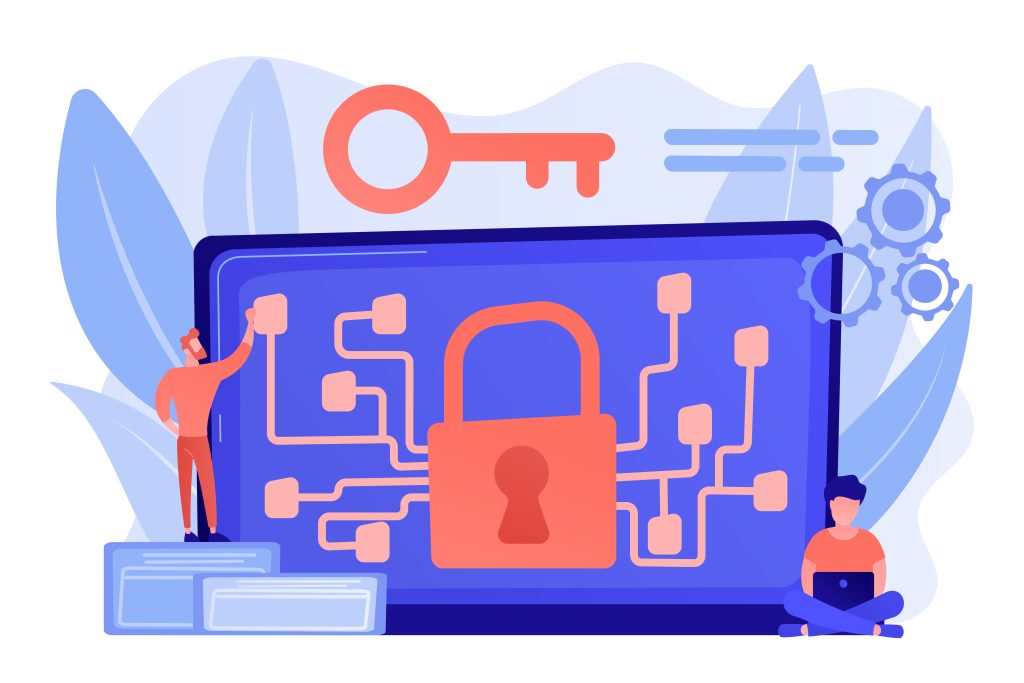LastPass generate password is a feature inside the LastPass manager that helps you create long, random logins. At first glance, it looks convenient and powerful. However, many users now ask whether it is safe after the company’s security breaches. In this article, you’ll learn how the tool works, its pros and cons, and why alternatives like GenMyKey may be safer in 2025.

What Is the LastPass Generate Password Tool?
Within the LastPass manager, you’ll find a generator that produces unique codes. Instead of reusing simple logins, you can generate strings of 12–30 characters. In addition, the tool allows you to include numbers, symbols, and mixed case letters. As a result, you get passwords that resist brute-force attacks far better than human-made ones.
Why Users Question LastPass Generate Password Safety
LastPass suffered several security incidents in 2022 and 2023. Hackers accessed parts of their infrastructure and some encrypted vault data. While the company stated that user master passwords remained secure, trust among users dropped. Therefore, many people now wonder if the built-in generator is still safe to use.
Technically, the generator itself still produces strong codes. The real issue is whether you want to depend on a service that recently faced multiple breaches. On the other hand, using independent free tools such as GenMyKey avoids that trust problem.
How the LastPass Generate Password Feature Works
The LastPass generator lets you customize:
- Length: from 8 to 30+ characters
- Characters: lowercase, uppercase, numbers, and symbols
- Avoiding ambiguous symbols
- Option for easy-to-read passphrases
After you generate a code, you can insert it directly into a login form or store it inside your vault. Moreover, if you use the browser extension, it can auto-fill credentials without manual copying. This reduces exposure to clipboard-stealing malware.
Pros and Cons of Using LastPass Generate Password
Pros
- Integrated with the manager you already use
- Customizable length and complexity
- Works across browsers and mobile apps
- Passphrase mode for memorability
Cons
- Trust issues after major breaches
- Some features locked behind premium plans
- Limited for batch generation
- Closed-source, less transparency than open tools
LastPass Generate Password vs GenMyKey
Let’s compare LastPass with GenMyKey, a free all-in-one generator:
| Feature | LastPass Generate Password | GenMyKey Free Generator |
|---|---|---|
| Integration | Built into LastPass vault | Standalone web tool, no login |
| Transparency | Closed-source | Simple client-side process |
| Customization | Length, symbols, passphrases | Length, symbols, avoid look-alike chars |
| Privacy | Stored in vault if saved | Not stored, generated locally |
| Best Use | If you already rely on LastPass | Quick generation without sign-up |
Best Practices for Safer Passwords
Regardless of whether you use LastPass or GenMyKey, follow these practices:
- Go long: At least 16 characters for critical accounts.
- Be unique: Never reuse logins across sites.
- Enable 2FA: Add a second factor whenever possible.
- Check breaches: Use Have I Been Pwned to test if your passwords are leaked.
In addition, remember that password managers simplify security, but they also centralize risk. Therefore, combining a trusted manager with independent free generators creates balance.
FAQ: LastPass Generate Password
Is LastPass generate password free? Yes. The tool is available in both free and premium plans. Is it safe after the breach? The generator itself remains strong. However, many users prefer extra peace of mind by using independent alternatives. Can I use it without saving passwords? Yes. You can generate a code and copy it manually without adding it to your vault. What’s a good alternative? GenMyKey is a free, private option that generates strong codes instantly with no storage.
Resources
Final Thoughts on LastPass Generate Password
The LastPass generate password tool is powerful, but trust has been shaken by breaches. It still creates strong codes, yet many users combine it with alternatives like GenMyKey for extra security. In the end, you should choose the generator that fits your workflow but always follow best practices. Moreover, remember that a password manager plus two-factor authentication offers far better safety than using weak or repeated passwords.
